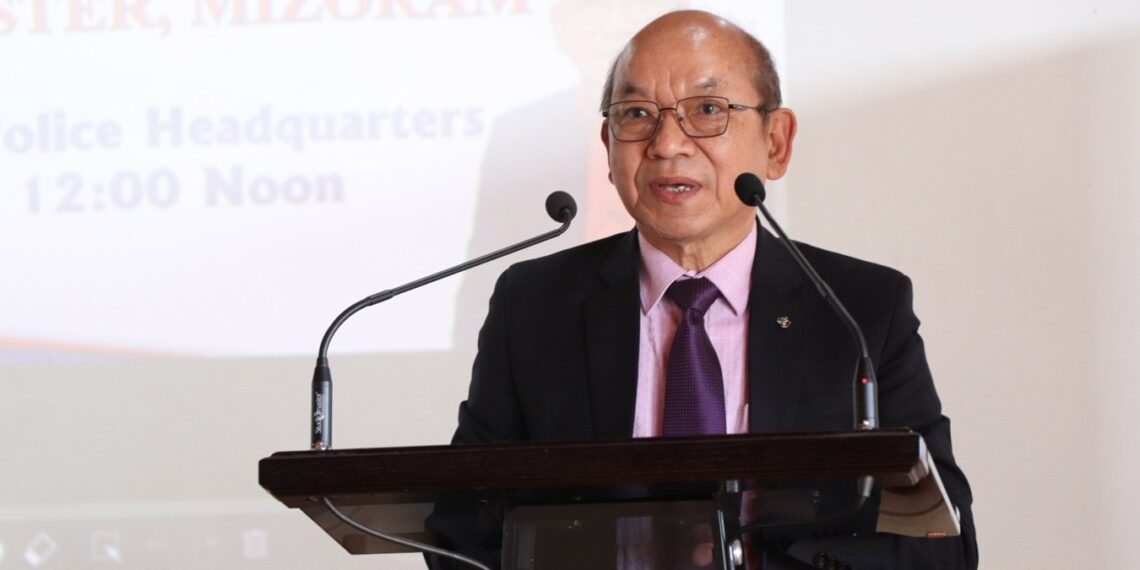AIZAWL: The Mizoram Assembly has taken a firm stance against the Centre’s move to fence the India-Myanmar border and abolish the Free Movement Regime (FMR) with Myanmar.
In a resolution presented by Home Minister K Sapdanga on February 28, the Assembly urged the Centre to reconsider its decision, citing historical and cultural ties of the Zo ethnic community.
Minister Sapdanga highlighted the longstanding discontent over colonial-imposed boundaries, stating, “The Zo ethnic people can’t accept the India-Myanmar border, which has been imposed on them by the British.”
ALSO READ Amidst opposition, Centre begins fencing of 1,643 km of India-Myanmar border
Expressing concerns over recent announcements by Union Home Minister Amit Shah regarding border fencing and FMR suspension, Sapdanga reiterated Mizoram’s opposition to these actions, arguing that national security should not be used as a pretext.
“If the Centre is so concerned about national security, it should also fence all the international borders that the country shares with neighbouring countries,” he was quoted by a national daily.
Despite lacking official confirmation, press reports indicate the impending implementation of these measures.
Earlier, Mizoram Chief Minister Lalduhoma, while acknowledging the limitations of his government, met with Union Home Minister Amit Shah on February 10 to address these concerns.
The Mizoram Assembly’s resolution resonates with neighbouring Nagaland, where similar appeals have been made to maintain the FMR and engage with affected communities.
ALSO READ Mizoram NGOs oppose border fencing, FMR abolition; write to Amit Shah
Governor La. Ganesan of Nagaland echoed these concerns during the 14th Nagaland Legislative Assembly’s budget session, highlighting the anxieties among border communities.
Earlier, in addition to the governments of Mizoram and Nagaland, opposition to border fencing and the termination of FMR had emerged from various organisations within the Northeastern states.
These included the National Socialist Council of Nagalim-Isak-Muivah (NSCN-IM) and the Young Mizo Association, alongside numerous other organisations across Mizoram, Nagaland, and Manipur.
The India-Myanmar border, spanning four Northeastern states, covers a distance of 1,643 km.















